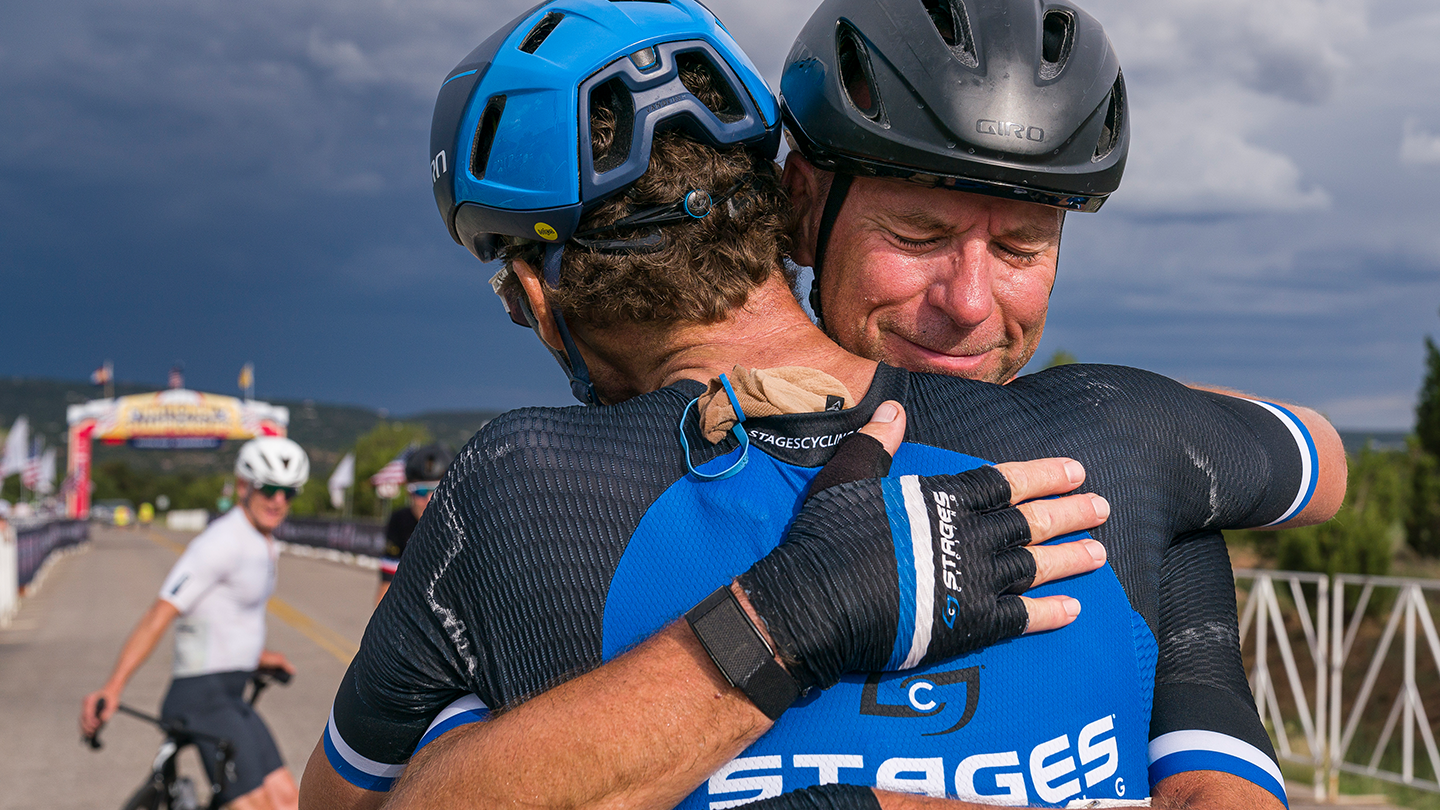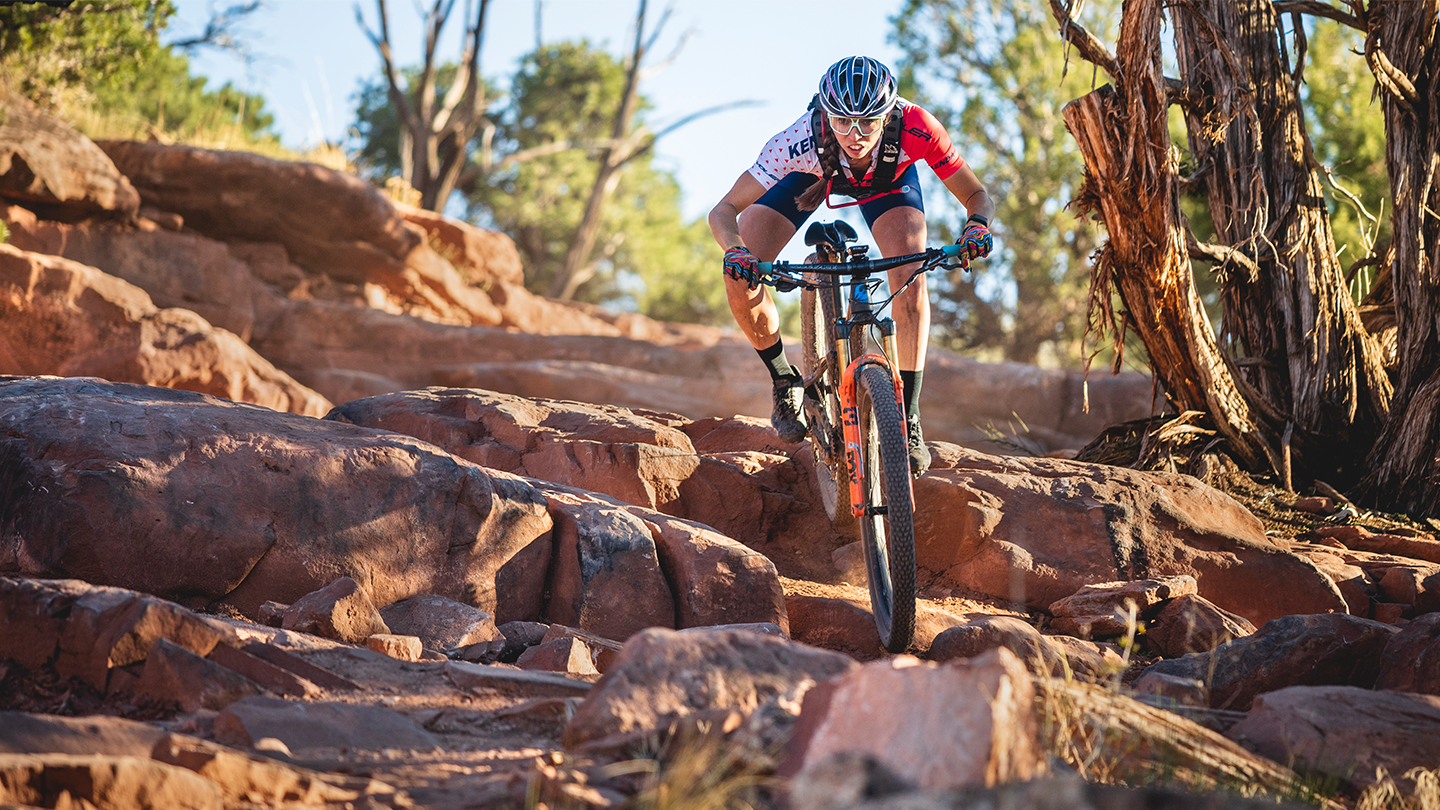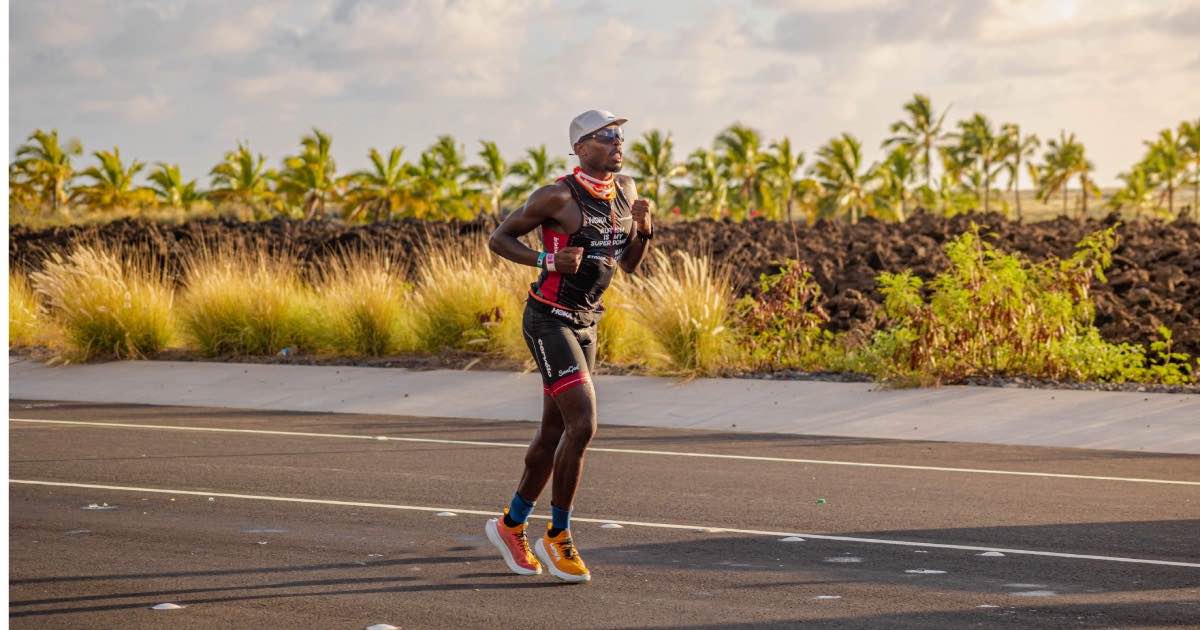Powering Long Road vs. Long MTB Rides
- By Kate Hector
- Published: Sep 2, 2018
- Last Updated: Oct 11, 2021
Working with Terrain (and Weather) by Spencer Paxson
As a cyclist living in northwestern Washington State, the theme for training this winter has been about opportunism and sending it deep when the gettin’s good. There have been more snow and ice days here than since the mid-90s, the kind of unrelenting weather that really makes you feel like you’ve earned your rides when you can get them in. And despite the road and trail conditions not often being compatible, it is the season of “base miles” for many. Assuming you are also getting creative this year and putting in miles in a multi-disciplinary fashion (how about skiing the MTB trails?), I thought it would be fun to do a quick comparison of two long days on two different kinds of bikes: the good old road bike vs. mountain bike.

To be clear, this is not to compare which is better, which is harder, etcetera, etcetera. This is about nerding out for the sake of numbers and science, not to prove anything, but to explore it. (after all, science doesn’t necessarily prove anything, it is only ever in pursuit of the truth). So to the extent you also find a path toward some form of truth via riding your bike, and perhaps even collecting numbers from your bike rides, then here you go:
| Road Ride | MTB Ride | |
| Distance: | 106 mi | 56 mi |
| Moving Time: | 6:52 | 6:49 |
| Average Speed: | 15 mph | 8.2 mph |
| Elevation: | 8,373 ft | 9,911 ft |
| Work: | 4,059 kJ | 4,206 kJ |
| Normalized Power: | 212 W | 231 W |
| Training Stress Score: | 243 | 286 |
| Average Heart Rate: | 122 | 130 |
Summary:
Road: longer distance, more consistent pedaling profile, higher average speed, lower power
MTB: shorter distance, highly variable pedaling profile, lower average speed, higher power

Neither of these rides was easy, but the numbers show how much more work can get packed into each mile of a mountain bike ride compared to a road ride. Comparing distance and time make it immediately obvious, but it’s possible to look at it a bit deeper. Each ride was nearly seven hours of moving time with close to 10,000 feet of climbing. The road ride normalized power was 212 watts and the mountain ride was 230 watts. Though duration, climbing, power output, and even perceived exertion (not quantified) were similar, the mountain bike ride was twice as much work per mile compared to the road ride, based on power output. This is due primarily to the greater variation in terrain on the mountain bike, which had 2.25x more climbing per mile than the road ride! This is further illustrated in Figure 1, below. Depending on location, this is a very typical comparison of road versus mountain for any duration of time. Thus, if you’ve heard before that every mile on the mountain bike is worth two-or-so on the road, then here is some empirical evidence!

In addition to the differences in overall work per mile, the two rides varied in the type of pedaling. If that sounds new to you, then consider that you can spin the pedals fast or slow, and push on them hard or easy. That essentially gives you four different ways you can pedal. The study of this is called ‘quadrant analysis’, and is one of the most interesting features of a power meter. I’ll save the explanation for your own Google search, and simply say that the mountain bike produced a much wider range of pedaling and was dominated by higher force inputs to the pedals at both high and low cadences. The road biking produced a more condensed pedaling profile, with an overall higher cadence and relatively greater percentage of low force pedaling mixed in. Figure 2 below roughly illustrates. Again, the difference here is primarily influenced by terrain and riding surface.
In any event, no rocket science here, just some fun and simple numbers to summarize two sweet, and very different rides, and understand what the muscles in my legs experienced during each day. Stay tuned for more of this business as the season progresses, here on the Stages blog, my coaching website (www.peakenergyco.com) and installments on the #tallytuesday series on social media (@slaxsonMTB).
Figure 1 – Ride Summary, Road vs. Mountain

Figure 2 – Quadrant Analysis, Road vs. Mountain


















